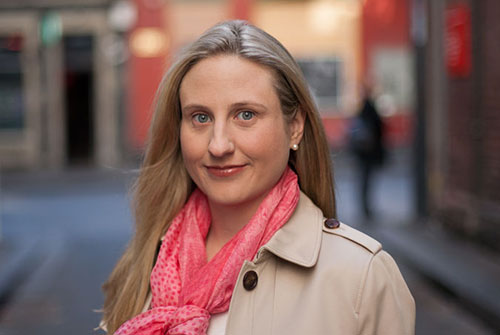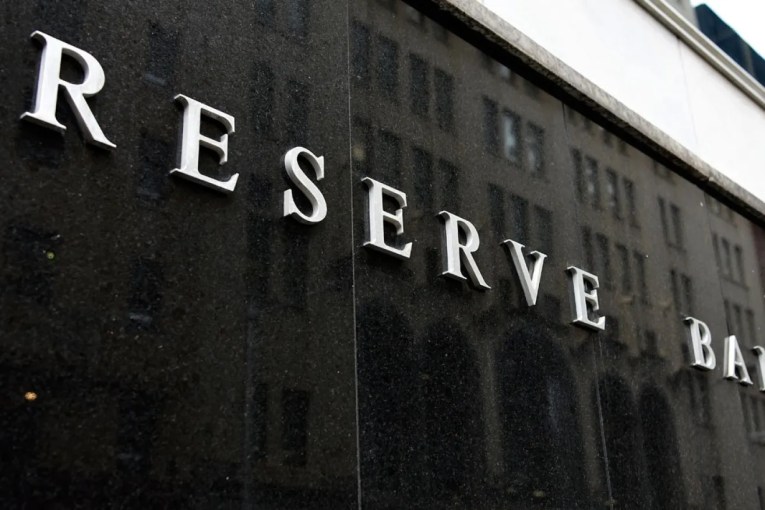Insider trading scandals that gripped the public

• Mates arrested in $7m trading sting
• Bail refused for two men over $7m insider trading
The alleged $7 million insider trading scandal engulfing National Australia Bank executive Lukas Kamay and Australian Bureau of Statistics employee Christopher Hill is shaping up as one of the biggest cases of its kind in Australian history.
The plot could have been lifted from the pages of an airport novel: 26 year-old Kamay made a cool $2.5 million in just one trade when he bet an estimated $500 million on better-than-expected official employment figures on March 13, according to the latest report in The Australian Financial Review.

Lukas Kamay leaves the Melbourne Magistrates’ Court on Friday. Source: AAP
As if the sheer magnitude of the figures and the tender age of those accused of perpetrating the scam weren’t enough to pique public interest, the fact that Kamay was the successful bidder for the apartment renovated by twins Alisa and Lysandra from reality show The Block added a dash of celebrity to the scandal.
Kamay and Hill are alleged to have hatched a scheme that netted an estimated $7 million over nine months through bets against movements in the Australian dollar on the foreign exchange market ahead of the release of official economic data. The friends, who met as university students, are also alleged to have placed loss-making trades to throw police off their trail.
Kamay, who was sacked from his six-figure job at NAB on Friday when the story hit the news, is alleged to have made most of the profits from the ruse.
As the pair prepare to face trial, The New Daily casts its eye over other insider trading cases that grabbed the headlines both at home and abroad.
Rene Rivkin
High-profile stockbroker and businessman Rene Rivkin – as famous for his trademark worry beads and cigars as much as his wealth and entrepreneurial savvy – was convicted of insider trading in 2003 following a long-running investigation by the Australian Securities and Investments Commission. NSW Supreme Court judge Anthony Whealy found Rivkin guilty of purchasing 50,000 Qantas shares after he found out about an impending merger of Qantas and Impulse Airlines before the deal was publicly announced. The flamboyant Sydney identity, who reportedly netted just $346 from the illegal share trade, was fined $30,000 and sentenced to nine months of weekend detention in Silverwater Correctional Centre. Rivkin, who was dogged by mental illness, committed suicide in 2005.

The late stockbroker Rene Rivkin with his trademark cigar. Source: Getty
John Hartman
At just 25 years of age, John Hartman was jailed for four-and-a-half years after pleading guilty to 25 counts of insider trading in 2010. The son of Sydney obstetrician-to-the-stars Keith Hartman made almost $2 million in profits after “front running” shares acquired for clients of his employer, Orion Asset Management. (The fund management firm was of a sufficient size to have the effect of moving share prices on the stock market.) In his judgment, NSW Supreme Court judge Justice Peter McClellan expressed surprise that “a person of immature years was allowed access to market information without effective supervision in a world where the remuneration paid to him bore no relation to the remuneration paid to young employees outside the financial markets”. Hartman splurged his ill-gotten gains on overseas jaunts such as ski trips to Canada, luxury motor vehicles including a silver Mini Cooper and lavish nights out on the town.
NAB rogue traders
National Australia Bank’s high-profile foreign exchange scandal centred on two traders, David Bullen and Vincent Ficarra. In a case brought by the Australian Securities and Investments Commission, the County Court of Australia sentenced Bullen to 44 months’ jail, with a minimum imprisonment period of 30 months, in relation to 18 charges and Ficarra to 28 months in prison, with a minimum term of 15 months, relating to 13 charges. The court found that Bullen and Ficarra had entered into illegal and fictitious foreign currency trades between October, 2003, and January, 2004, to inflate profits and hide losses made on the Foreign Currency Options desk. In addition, the court ruled that the pair had gained financial advantage as a result of these actions.
John Gay
Corporate executive John Gay was fined $50,000 but evaded a jail term in 2013 for insider trading dating back to his time as chairman of Tasmanian timber company, Gunns. In 2009, 70 year-old Gay offloaded 3.4 million Gunns shares soon after viewing a private management report highlighting an expected drop in company earnings. Following the public release of its profit report, Gunns’ share price experienced a dramatic plunge. Justice David Porter of the Tasmanian Supreme Court described Gay as being of exemplary character and ruled that his actions did not constitute a serious case of insider trading. He noted that Gay had informed his company secretary of his intent to sell the shares and added that the transaction was motivated by the fact that he he had been diagnosed with prostate cancer rather than the receipt of confidential, market-sensitive information.

Celebrity home-maker Martha Stewart at her insider trading trial. Source: Getty.
Martha Stewart
American lifestyle guru Martha Stewart and her stock broker Peter Bacanovic were indicted on nine criminal counts of insider trading in 2003. Stewart had sold her shares in biopharmaceutical developer ImClone Systems in 2001 on the advice of Bacanovic, who informed her that another of his clients, ImClone CEO Sam Waksal, had just offloaded his own investment in the company. The following day, ImClone shares tumbled after the company announced that the FDA had refused to file its licence application for a new cancer treatment. At the end of a six-week jury trial, Stewart was sentenced to a five-month term in a federal correctional facility and ordered to a pay a $30,000 fine. Bacanovic and Waksal was also convicted of federal charges and sentenced to prison terms.
Raj Rajaratnam
Raj Rajaratnam, the Sri Lankan-born American citizen who founded New York hedge fund management firm Galleon Group, was sentenced to 11 years in prison in 2011. The billionaire investor was found guilty of fraud and conspiracy by a federal jury in Manhattan. The US government secretly recorded Rajaratnam’s telephone conversations as he swapped insider tips with corporate executives and fellow share market traders over a nine-month period in 2008. He remains the most prominent figure convicted in Washington’s crackdown on insider trading on Wall Street.








